The lack of recycling has been an ongoing problem at Frederick County Public Schools (FCPS) for years. Schools such as Linganore High School (LHS) do not openly advocate recycling in the school building.
FCPS currently works with Republic Services to transport recyclables from schools to Frederick County transfer station to Waste Management, which is then distributed to a recycling facility located in Elkridge, MD. While FCPS reported to have spent $120,450 from July 2023 to February 2024 to work with the recycling program, the number of schools that actually use this service has not yet been calculated by FCPS Energy and Utility Manager Dawn Ashbacher.
Ashbacher claimed that FCPS provides posters that promote recycling and how to dispose of trash materials correctly to schools but has not indicated any programs implemented to get more schools or students to recycle, as of February 2024.
LHS is included as one of the 67 schools at FCPS that has access to the FCPS recycling program, yet Linganore does not recycle and mixes both regular trash and recycled trash to the same dumpster.
Linganore used to recycle prior to the 2020 COVID-19 pandemic, according to Linganore’s previous head custodian Michael Bowles, who was employed at Linganore from 2016 to 2023. According to Bowles, Linganore’s custodians would provide students and staff recycling bins around the school to use, even including an additional recycling center in the lunchroom.
Bowles described his process for throwing away trash and recycling during his time at Linganore High.
“Every night, trash and recyclables [were] pulled [from classrooms, and trash would be dumped in the trash dumpsters], and recycle [would be] put into a separate hand and emptied into our recycling dumpsters,” Bowles said.
Linganore principal Dr. Michael Dillman, who previously worked at Linganore as an assistant principal, also stated how LHS was more focused on improving recycling at the school.
“Years ago, [recycling] was a huge focus for the school system,” Dillman said. “And they would have the little blue boxes and all the classrooms and you know, we would try to put the paper and recyclables in there and then put true trash in the other hands.”
As Dillman explained, Linganore had responsibility for the distribution of trash. Custodians would keep trash and recycled materials separate for the dump trucks to collect, and students and staff would throw away trash properly.
Presently, Linganore does not actively promote recycling to students or staff at the school, other than the occasional posters provided by FCPS around trash bins. Both students and staff shared their experiences with recycling at LHS and expressed how Linganore does not currently recycle, leading to trash around the school as a result.
Linganore science teacher Amber McCauley confirmed that there is an abundance of trash at LHS. She stated that she sees a lot of trash around the building not disposed of properly.
“[I see] quite a bit [of trash] in the classrooms and quite a bit in my sink and drawers–places it shouldn’t be,” McCauley said.
Bella Isacco, the vice president of the LHS environmental club, also reflected on the lack of recycling cans. She noted how trash and recycling are mixed together despite the difference in the types of waste and the school district’s ability to recycle.
“I try to recycle, but the janitors [are] still mixing trash and recycling bins together anyway, so it still goes to the landfill,” Isacco said.
Some students also noted that the school does not provide recycling bins for students or encourage proper disposal of recyclable items.
Linganore sophomore Isabelle Zieg-Sniffen expressed how she is unable to recycle at the school if they do not provide recycling bins to use.
“[I don’t recycle at school,] because the school doesn’t recycle,” Zieg-Sniffen said. “They may have a recycling program, but [if] you go into the classrooms, about 90 percent of the time they don’t even have a recycling bin.”
Due to the large population at LHS, approximately 1600 students, the school cannot hold every student accountable to ensure that they follow the rules and throw away items in the appropriate bins. However, bringing awareness to the situation may allow more people to understand the importance of recycling. Training or education in the process may be needed to build a successful recylcing program at LHS.
Some students shared that they would like to contribute to the environment and recycle, but the lack of recycling bins at the school prevents them from doing so.
Sophomore Isabella Dean proposed a solution to promoting more recycling within the school. She believes that increasing the number and visibility of bins in classrooms, as well as the hallways, would be beneficial.
“[We] just [need] more spread out [recycle bins], not one concentrated place where everyone has to go to recycle things [like the lunch room],” Dean said.
The LHS environmental club is planning to work together with NexTrex to create another solution to the issue and encourage more recycling around the school. NexTrex is a nationwide recycling program that works with communities such as schools with an influx of recycled trash to transform recycled materials into decks and many more eco-friendly products.
Lena Reesman, president of the LHS Environmental Club, explained how NexTrex is able to help reduce recycled waste by transforming it into something new.
“Instead of schools getting all the recycling and trash [mixed] together and just sending it to dumps, [NexTrex is] reusing [recycled waste] into decking [for homes],” Reesman said. “Also, [since our school’s numbers] are going up, there has been a lot more trash and everything like that, so it’s just [more] important to get started on it [now] before there’s too many people.”
I know that at Linganore we aren’t a very green school. [I’ve been talking to Oakdale’s president of the environmental club], and they recommended [NexTrex as it] had made a huge change in their level as a green school,”
— Lena Reesman
Participating in NexTrex’s nationwide challenge would open up more opportunities for LHS to be environmentally friendly, encouraging students to donate as many pounds of recycled materials as possible and helping publicize the practice of recycling in more classrooms. Efforts such as these would help Linganore become a greener school, similar to schools such as Oakdale High School in nearby Ijamsville.
The Environmental Club believes working with the NexTrex program would help LHS expand on the possibilities to do more for the environment, such as composting and reducing the amount of waste generated by the school, thus allwing the Linganore community to work together in creating a greener environment.




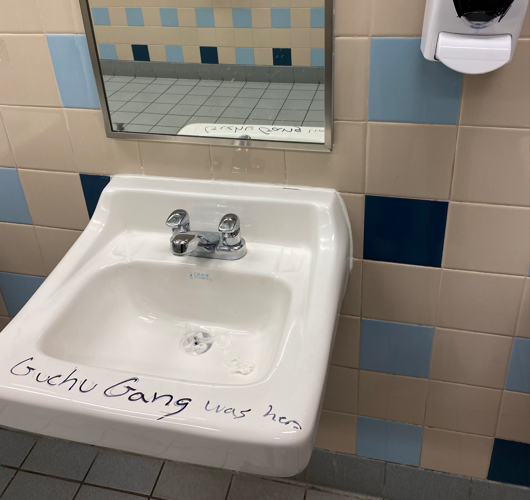
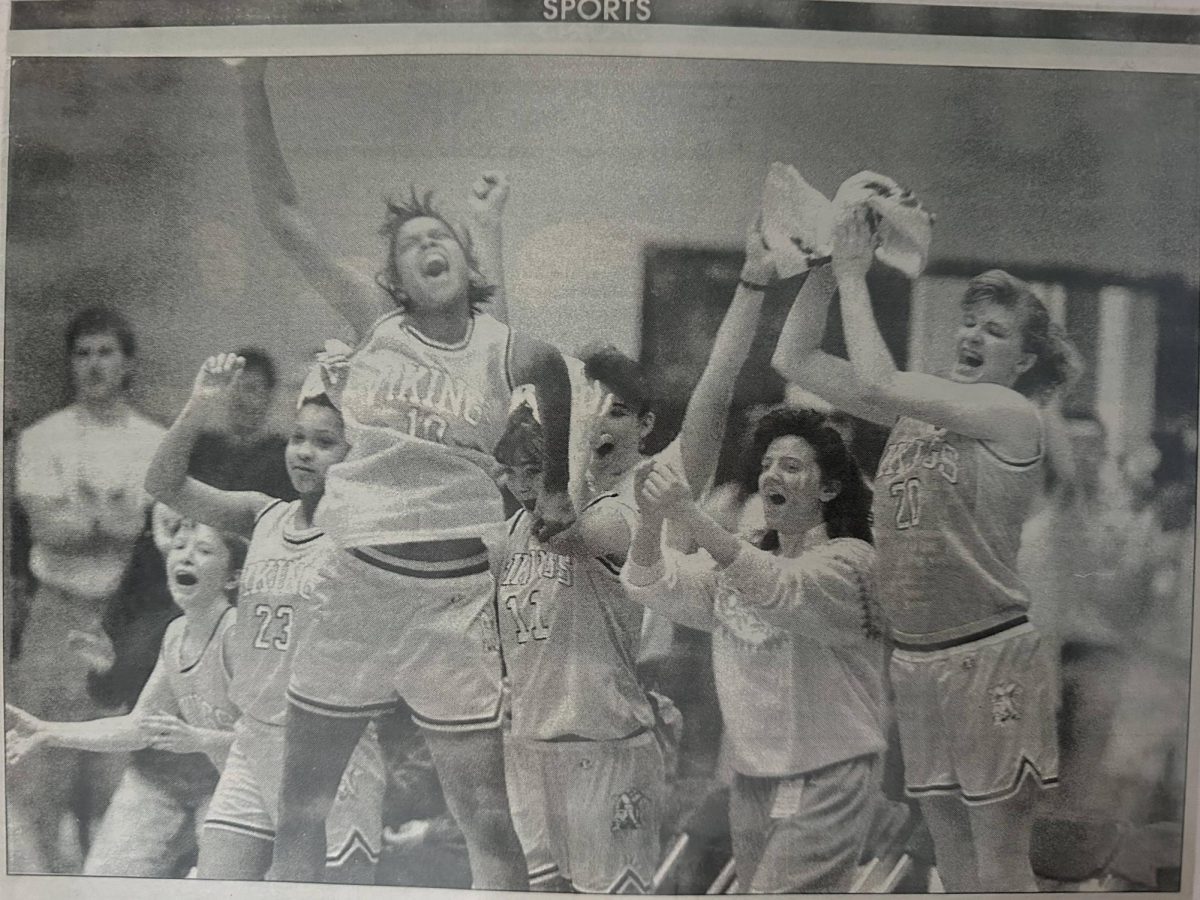






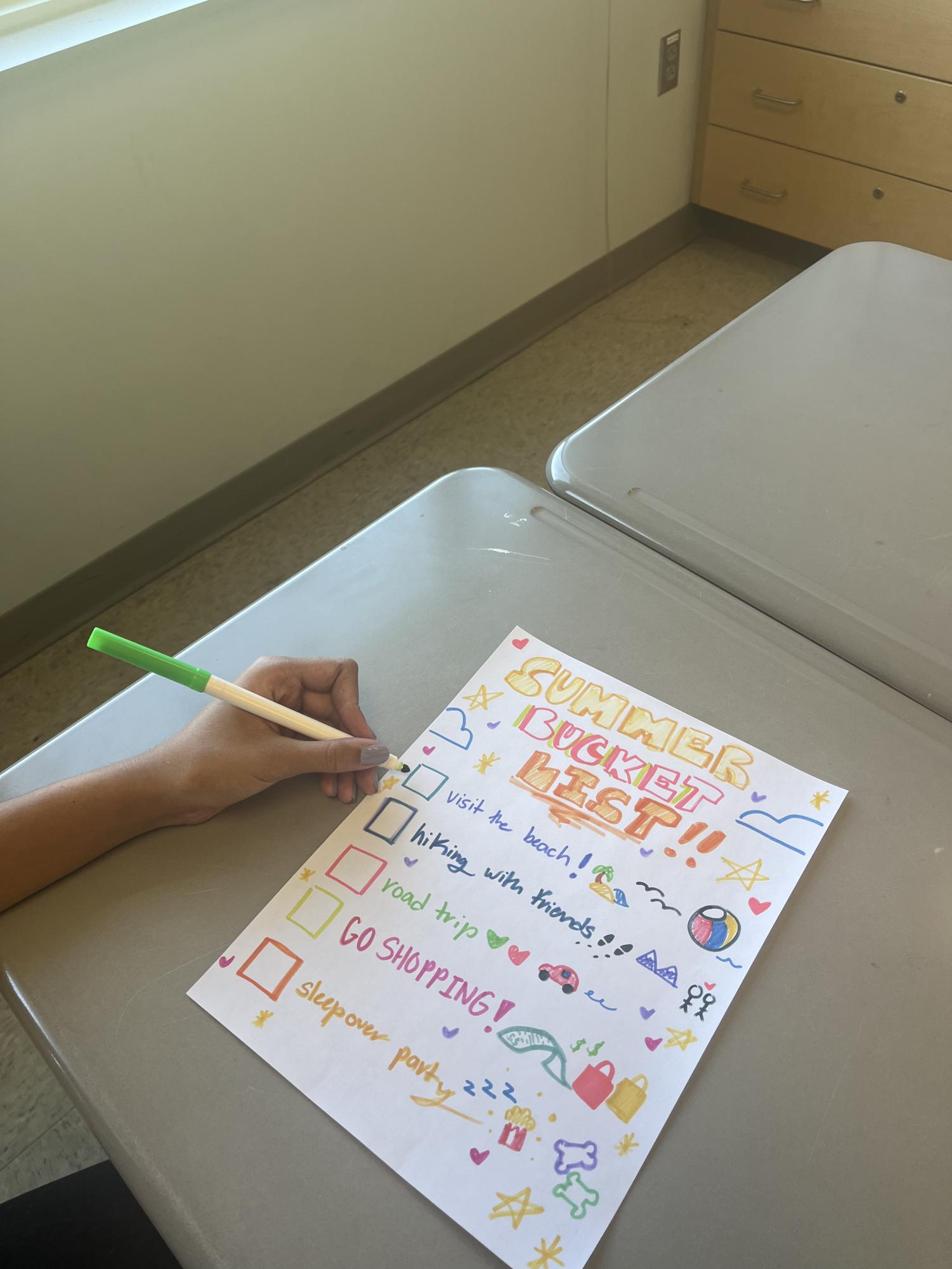
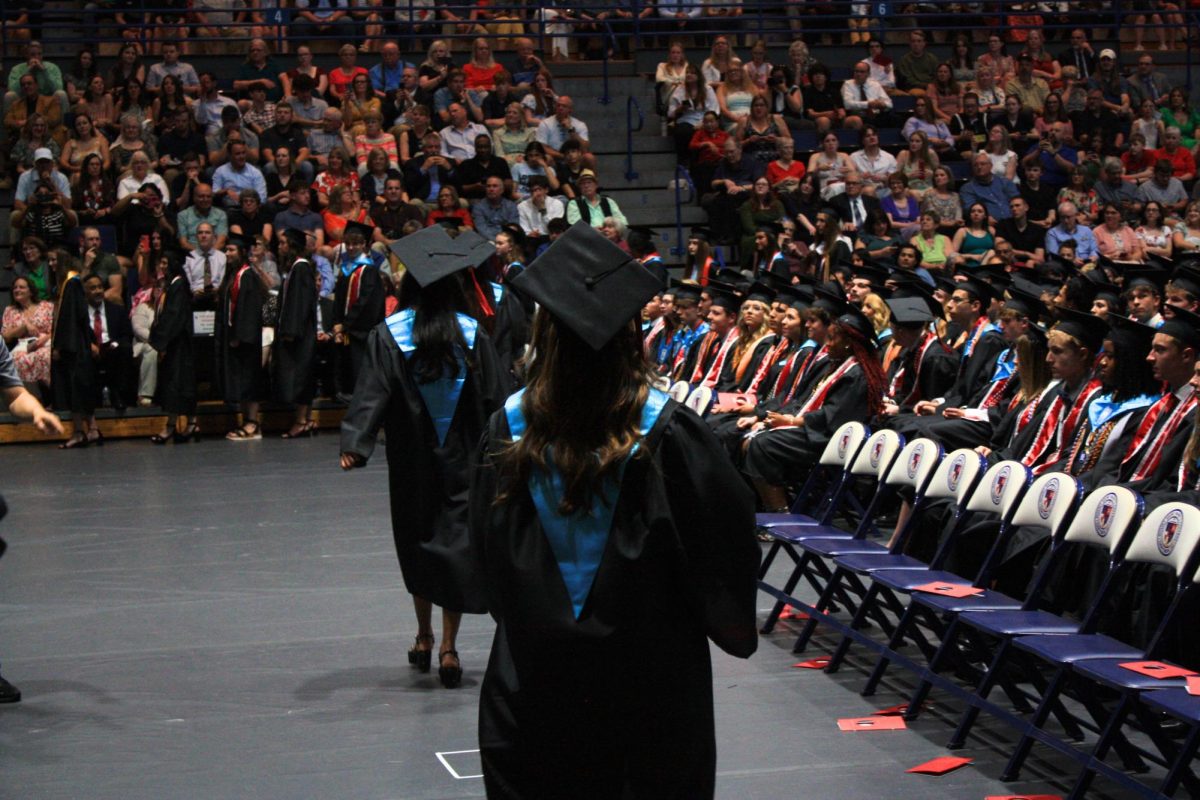
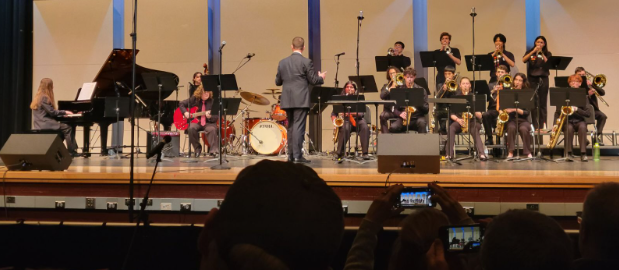
belle z • Apr 13, 2024 at 4:26 pm
fire